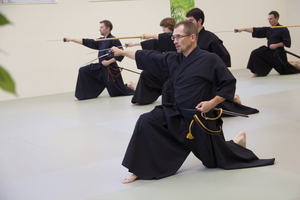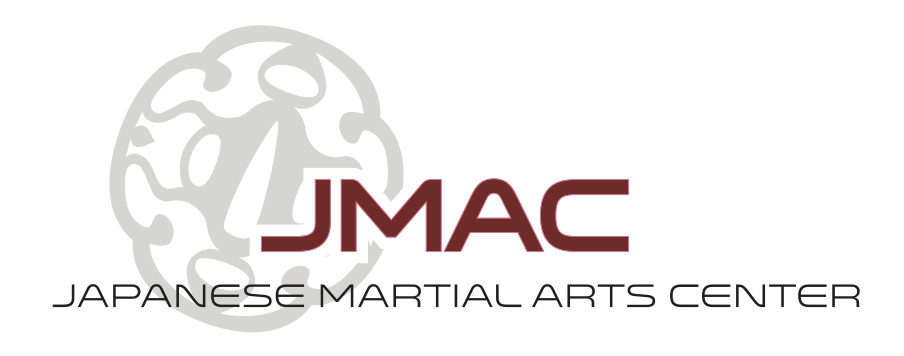Ann Arbor | Martial Arts Words You Want to Know
These Japanese words are commonly spoken at the dojo. Not only do they carry a deep historical significance, but enhance the overall quality of the Ann Arbor martial arts dojo experience!

Martial Arts Terms
Hai!
This term means "Yes!" When a command is given, the response should be a short, spirited "hai!" Saying, "Yes" or "Yeah" is disrespectful.
Sensei
先生 means "teacher". It acknowledges the honor of being taught by one who excels at the subject.
Senpai
先輩 means "senior". It usually refers to the more senior students of the class.
Kōhai
後輩 means "junior". It refers to the students with lower ranks in the class.

Mokuso
黙想 means "meditate".
Onegaishimasu
I request to train with you.
Arigato Gozaimasu
Thank you.
Tatami
畳 refers to the mat.
Dojo
道場 means "place of the way".
Shomen
This means "front". It traditionally means an area for a Shinto shrine at the front of the room. However, most dojos simply refer to the front of the room as the shomen.

Martial Arts Counting
Ichi
One. The count is shortened to the monosyllabic "each".
Ni
Two. It sounds like "knee".
San
Three. It sounds like "sahn".
Shi
Four. It sounds like "she".

Go
Five.
Roku
Six. It's shortened to "roehk".
Shichi
Seven. It's shortened to "sheech".
Hachi
Eight. It's shortened to "hawch".
Kyu
Nine. It sounds like "queue".
Jyu
Ten. It sounds like "Jew".
At the Japanese Martial Arts Center, Iaido, Nihon Jujutsu, Judo, and Karate are taught. If you have any questions, visit our Ann Arbor martial arts dojo or contact info@japanesemartialarts.com.
